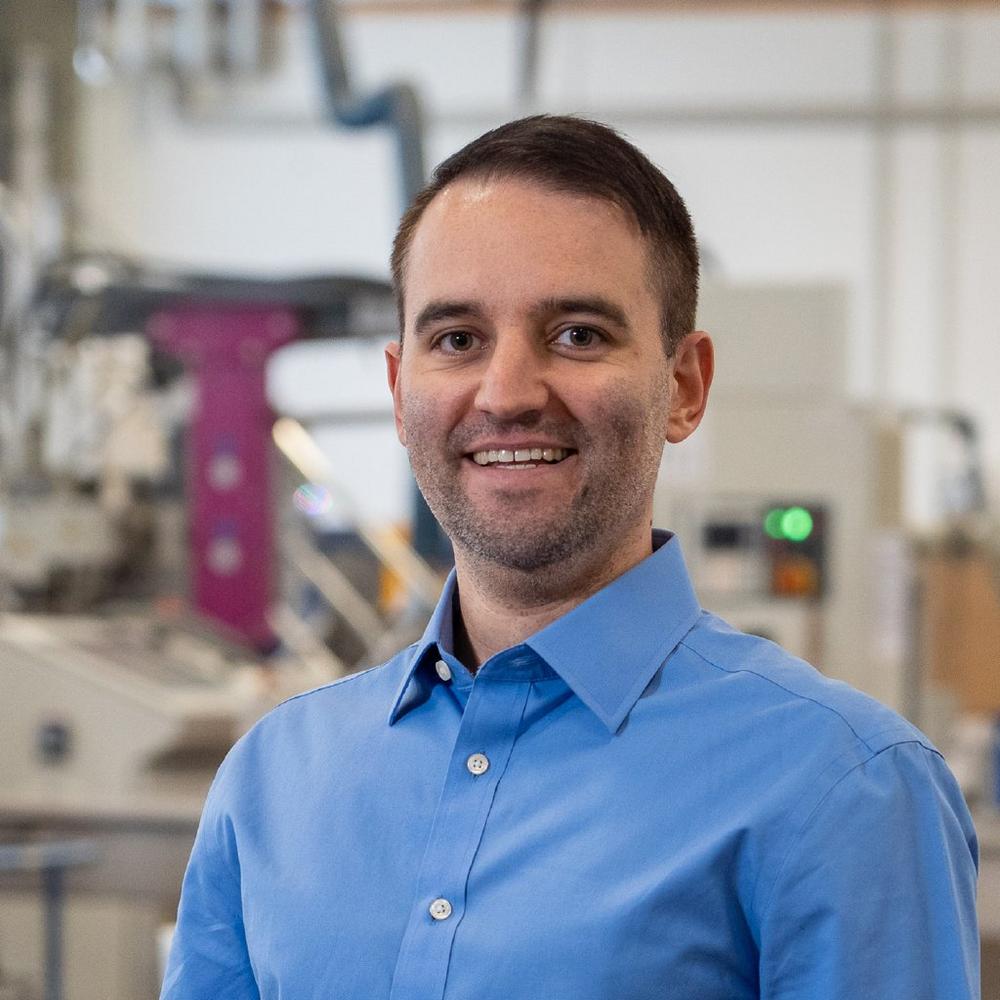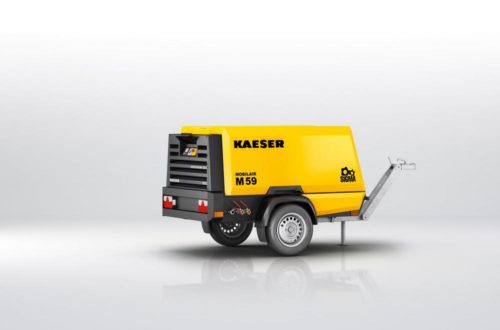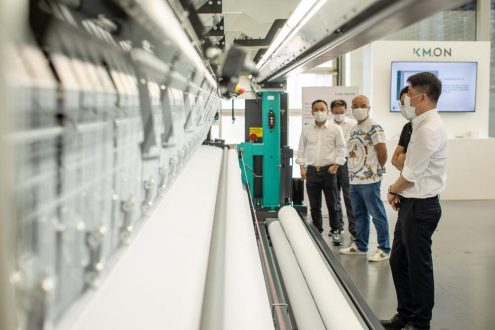
„It can be assumed that a ban will come“
SKZ: What exactly are PFAS and why should they be banned?
Dr. Andreas Köppel: PFAS is an abbreviation and stands for perfluorinated and polyfluorinated alkyl substances. Essentially, these are organic compounds in which the hydrogen atoms are partially (polyfluorinated) or completely (perfluorinated) replaced by fluorine atoms. From gases and liquids to fluorinated plastics such as polytetrafluoroethylene (PTFE), the entire PFAS group is estimated to include more than 10,000 substances. PFAS are not naturally occurring, are man-made, and have been manufactured industrially since the 1940s. The great advantage of PFAS, the very strong chemical combination of fluorine and carbon, is also the greatest challenge. Due to their high stability, PFAS are very long-lived, do not break down and therefore accumulate in the environment, in humans and other organisms. This is particularly problematic as some PFAS are suspected of being carcinogenic and causing thyroid disorders. There are also links to neurological developmental disorders and fertility problems. Because of these dangers, PFAS should be banned.
SKZ: Where are PFAS actually used in plastics? Why are they used there? And are there alternatives?
Köppel: PFAS are characterized by the fact that they are water-, grease- and dirt-repellent as well as chemically and thermally very stable. We are familiar with common everyday applications such as Teflon-coated frying pans, coated outdoor clothing or disposable packaging, as well as various cosmetics. Due to their particularly high chemical resistance, high-performance plastics such as PTFE, PVDF or FFKM are used in the form of valves, seals and hoses in industrial applications in contact with aggressive media or as membrane materials for fuel cells. Alternatives are possible in some cases, especially where compromises in performance can be accepted, such as dental floss. For food contact packaging, the risk of direct entry into the food chain is greater than the added benefit. To be honest, bans actually make sense here. It is much more difficult to find alternative materials for high performance plastics. You have to look at the requirement profile very carefully and evaluate it.
SKZ: What is the current status regarding a ban?
Köppel: A second draft law has been prepared and there have already been public consultations to gather information on the use of PFAS and to assess potential risks and benefits. We can assume that there will be a ban. The only question is to what extent it will be implemented. In the case of a total ban, which is not expected until 2026 at the earliest, there will be transition periods of one and a half to thirteen and a half years for companies. It therefore makes sense to start thinking about possible material alternatives now.
SKZ: You head the material development group at SKZ. How active are you here?
Köppel: We basically deal with all plastic materials and additives, and of course PFAS is also an issue. We are already in contact with many customers regarding the search for and development of alternative materials. The number of inquiries is constantly increasing. We have developed a course that provides the tools to search for alternative materials. We also offer several online workshops to help you understand the current legal situation and the potential consequences of a ban.
Interview: Alexander Hefner, SKZ
Learn more about material development at SKZ
The SKZ is climate protection company and a member of the Zuse Association. This is an association of independent, industry-related research institutions that pursue the goal of improving the performance and competitiveness of industry, especially SMEs, through innovation and networking.
FSKZ e. V.
Friedrich-Bergius-Ring 22
97076 Würzburg
Telefon: +49 931 4104-0
https://www.skz.de
Group Manager | Crosslinked Materials
Telefon: +49 (931) 4104-132
E-Mail: a.koeppel@skz.de
Presse- und Öffentlichkeitsarbeit
Telefon: +49 931 4104-197
E-Mail: p.lehnfeld@skz.de
![]()



